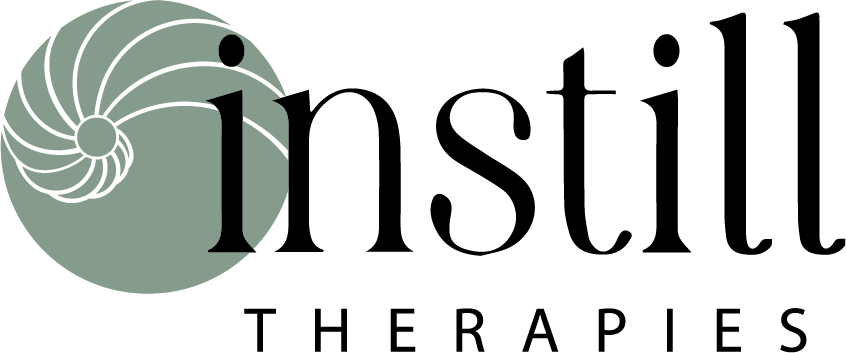Heart Rate Variability (HRV) and You
What is HRV and why does it matter?
Heart rate variability, or HRV, has become a big buzz word over the past few years, but what IS it exactly? And why does it matter to you? Simply put, HRV is the variability between each successive heartbeat. Our hearts should not beat like a metronome but in fact, should be able to speed up and slow down according to the body’s physiological needs. When we ask our bodies to do something physical, like climbing stairs or shovelling snow, our heart must work harder to pump oxygen-rich blood to areas that require it. Even concentrated mental tasks require more energy.
The ability of the heart to respond to these needs is an example of good HRV, and often is an indicator of better health, resiliency, and emotional and cognitive function. An inability of the heart to respond to these needsis considered lower HRV. Lower HRV has been associated with poorer health and is often present in those experiencing high stress levels, or disease and pathological conditions, such as diabetes, cardiovascular disease, and sleep apnea.
How does HRV work?
The physiological balance of our body, or homeostasis, is regulated by our autonomic nervous system. There are two parts to this system: the sympathetic nervous system- sometimes referred to as our ‘fight or flight’ system, and the parasympathetic nervous system- the ‘rest and digest’ system. Each is constantly monitoring and shifting within the body toregulate hormones, metabolism, respiration, and heart rate. Take stress for example; during stressful moments, the sympathetic takes over to help us respond to the event by increasing heart and breathing rate, but when the event has passed, the parasympathetic comes in and calms things down. However, prolonged stress can result in the body being in a sympathetically dominant state, and the parasympathetic can’t overcome it as well which can lead to lower HRV. However, if we can reduce stress levels by engaging in exercises like going for a walk, doing yoga, or deep breathing, we allow the body to relax and the parasympathetic system is more dominant, resulting in a higher HRV.
Why is HRV important for you?
Measuring HRV used to be limited to laboratory ECG machines, but technological advances have made them more affordable and accessible. Devices such as an iWatch, Garmin, or Polar heart rate monitors allow the average person to track their HRV. High level athletes use this data to adjust their training regimes, to keep an eye on when they are over-training and when their body needs to take a break. However, for the average person it may be interesting to observe how our heart rate and HRV changes and reacts during our daily lives; how a bad sleep or a stressful week at work may affect those patterns, or how our cognitive function or emotional regulation may be affected. It allows us to understand that our body’s responses are linked and everything plays a role in how we live and feel day to day. More importantly, the patterns may also show how slowing down and allowing the body to relax can improve HRV.
How can you improve your HRV?
There are many ways to help your body function better and maintain that autonomic balance. Things we all strive to do such as reduce stress levels, eat healthy, exercise, and get enough sleep. Self-care and taking time for yourself matters. It works like a positive feedback loop: self-care leads to feeling better, leads to better HRV, leads to better cognition and ability to regulate emotions, and on and on.
How We Help
Osteopathy and massage therapy are great ways to address physical restrictions within the body that may be affecting your autonomic nervous system’s balance and homeostasis. Both osteopathy and massage therapy may facilitate relaxation and allow the parasympathetic system to kick in. That zen feeling you experience after treatment is that effect. And really…who doesn’t want more of that?
Instill Therapies is located in Winnipeg, Manitoba and serves clients who want to regain hope, comfort, mobility, and health through hands-on care and treatment plans. Through osteopathic and massage services, we can help you improve your HRV!

